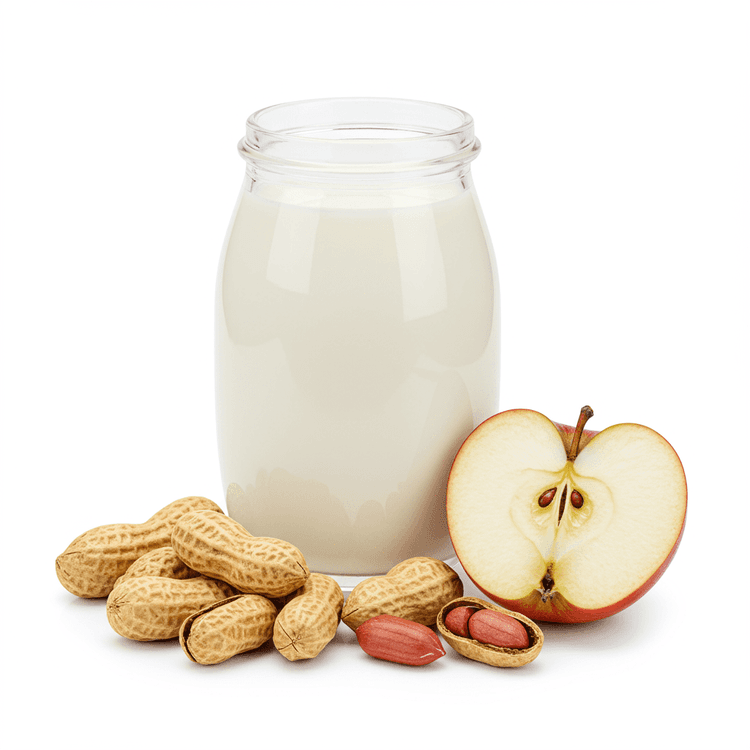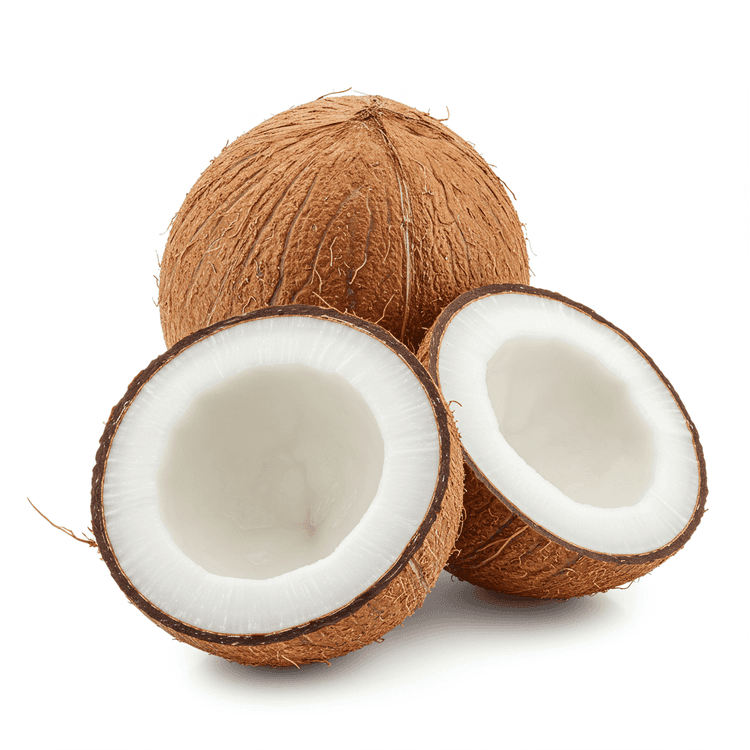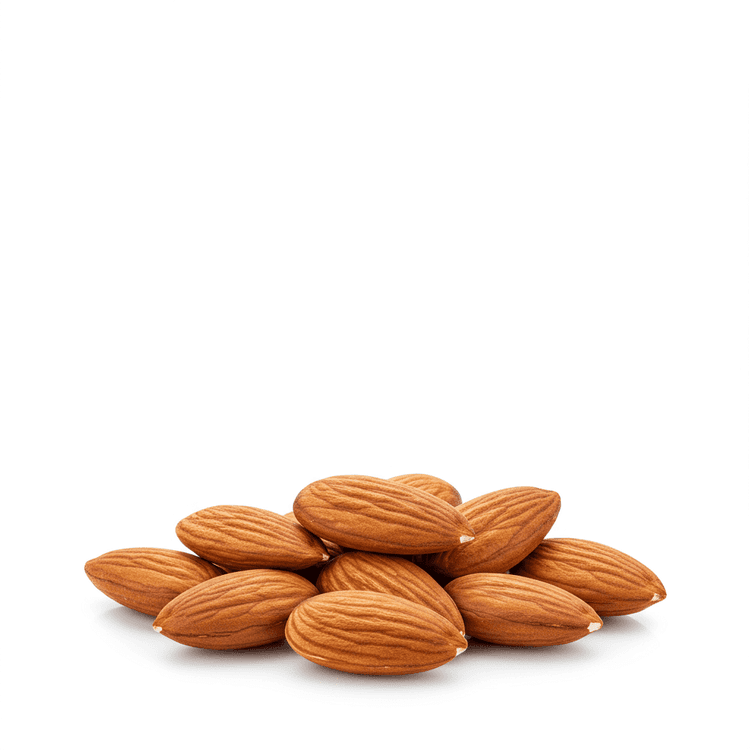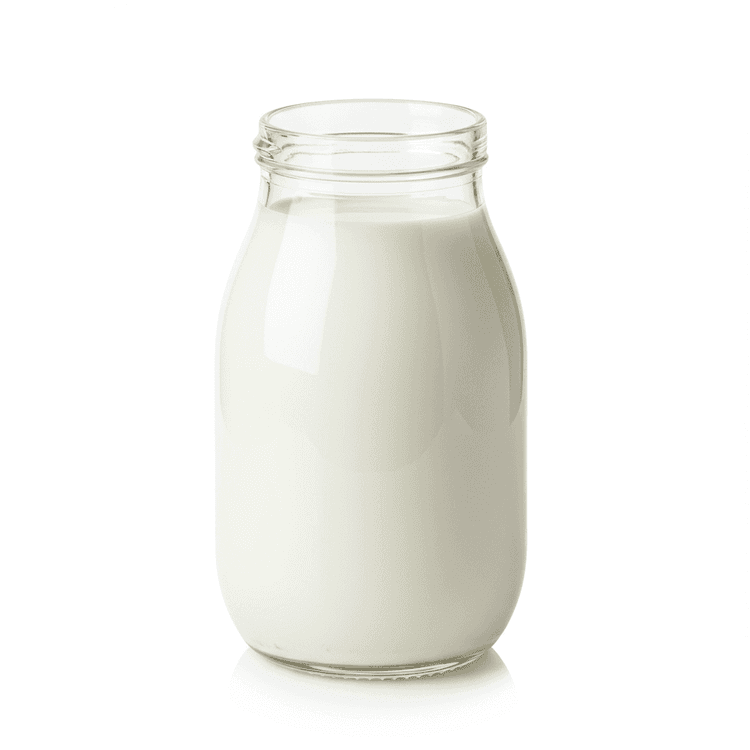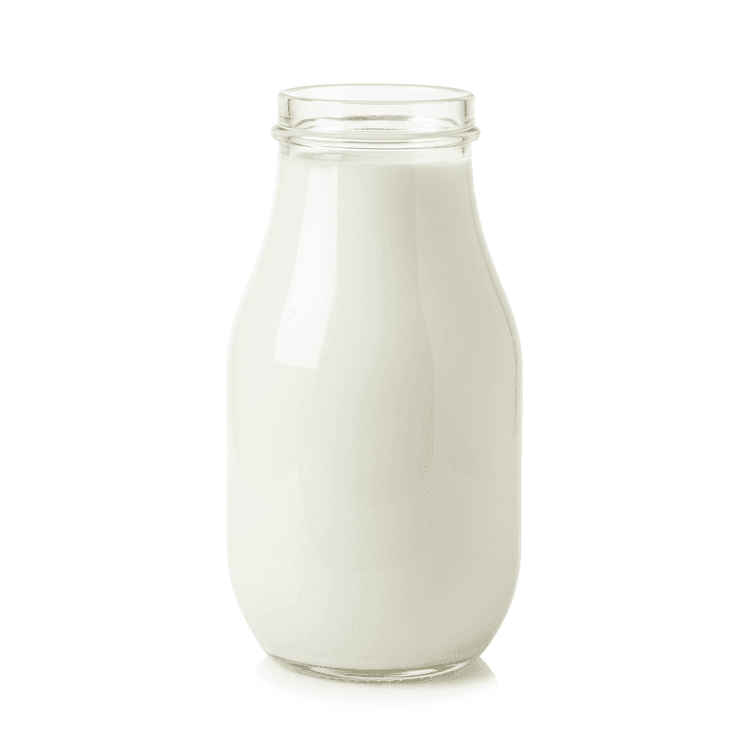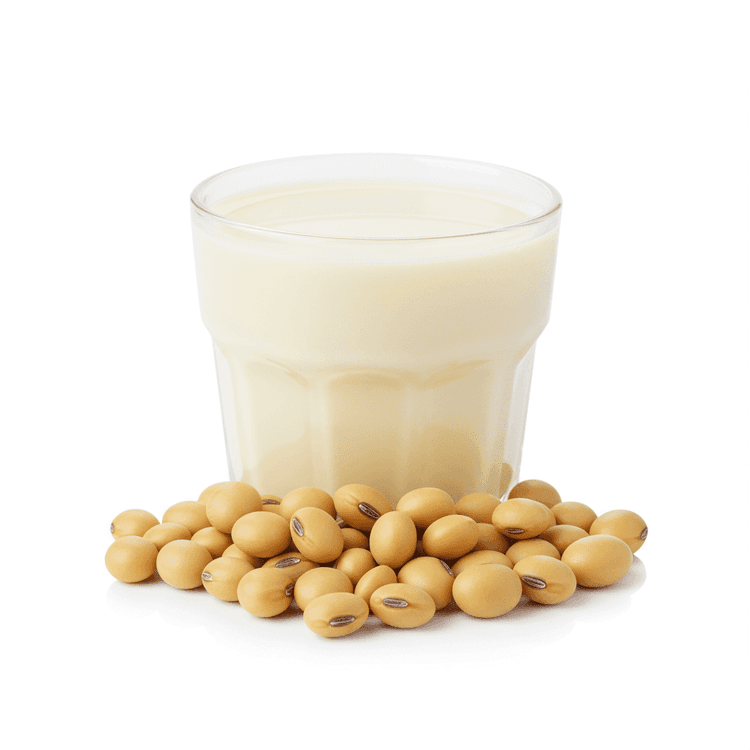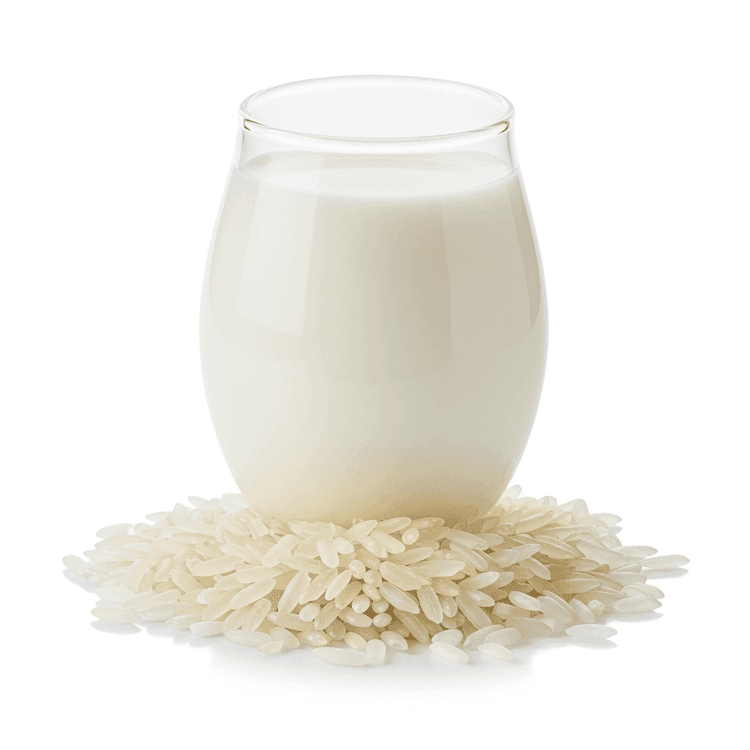
Rice Milk
Rice milk is a plant-based, non-dairy beverage crafted from rice, typically brown rice. It possesses a mild, slightly sweet flavor and a thin, watery texture, making it a refreshing alternative to cow's milk. Its appearance is typically white or off-white. Many people use rice milk as a substitute for dairy milk, and it's a common choice for those seeking lactose-free, vegan, or gluten-free milk options. Explore its nutritional benefits and culinary versatility for a healthier lifestyle.
Common Uses
- Enjoy rice milk straight from the glass as a refreshing and light beverage, a great option for those seeking a dairy-free drink.
- Use rice milk as a base for smoothies, adding a subtle sweetness and liquid consistency without the heaviness of dairy or the strong flavors of other plant-based milks.
- Substitute rice milk for cow's milk in baking recipes for cakes, muffins, and pancakes, offering a lighter texture and dairy-free option.
- Create creamy sauces and soups using rice milk as a base, particularly in vegan or dairy-free recipes. The flavor won't overpower delicate ingredients.
- Pour rice milk over breakfast cereals or granola for a light and refreshing start to the day, a perfect dairy-free alternative to traditional milk.
Nutrition (per serving)
Nutrition (per serving)
Calories
47.0kcal (2.35%)
Protein
0.3g (0.58%)
Carbs
9.1g (3.32%)
Sugars
5.4g (10.88%)
Healthy Fat
0.8g
Unhealthy Fat
0.1g
% Daily Value based on a 2000 calorie diet
Nutrition (per serving)
Calories
47.0kcal (2.35%)
Protein
0.3g (0.58%)
Carbs
9.1g (3.32%)
Sugars
5.4g (10.88%)
Healthy Fat
0.8g
Unhealthy Fat
0.1g
% Daily Value based on a 2000 calorie diet
Health Benefits
- May be a good option for those with lactose intolerance or dairy allergies.
- Often fortified with calcium and vitamin D, contributing to bone health.
- Can be a source of B vitamins, which are important for energy metabolism.
- Typically lower in fat and cholesterol compared to cow's milk.
- May be easier to digest for some individuals with sensitive stomachs.
- Often gluten-free, making it suitable for those with celiac disease or gluten sensitivity.
Substitutes
Chefadora AI is here.
Experience smarter, stress-free cooking.
Storage Tips
Unopened rice milk can be stored at room temperature in a cool, dark place until the expiration date. Once opened, it must be refrigerated immediately and consumed within 7-10 days. Ensure the container is tightly sealed after each use to prevent spoilage and maintain freshness. Avoid freezing rice milk, as it can change the texture and result in separation.
Marnirni-apinthi Building, Lot Fourteen,
North Terrace, Adelaide, South Australia, 5000
Australia



